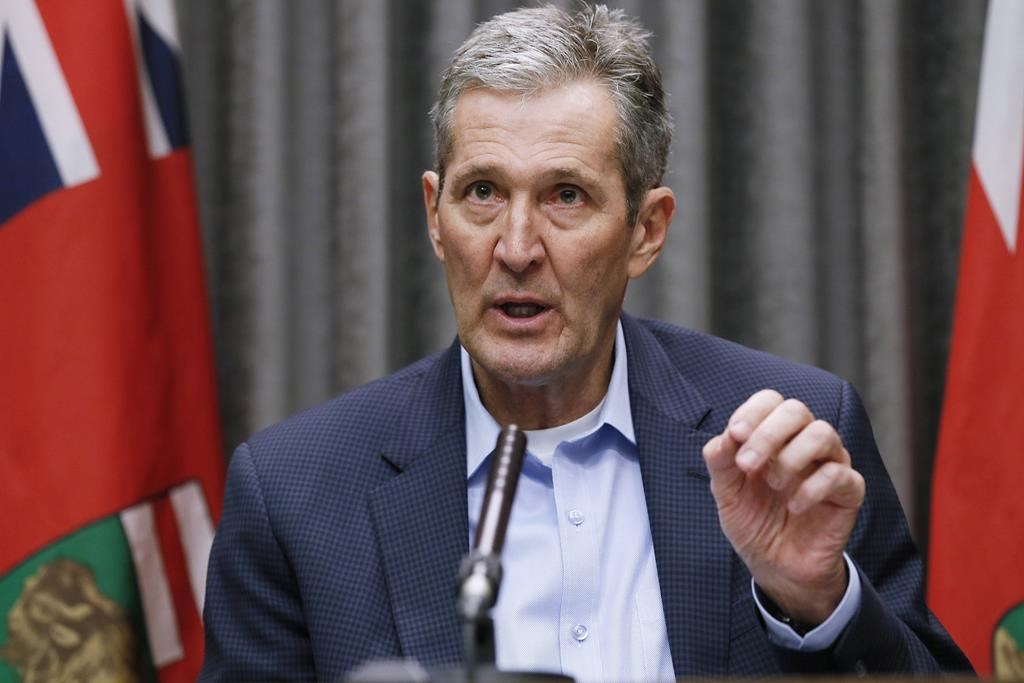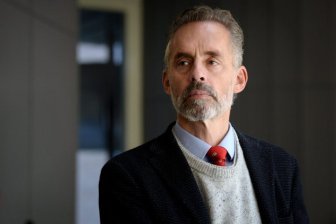Manitoba Premier Brian Pallister says big public events, including professional sports, will be on the back burner when the province announces plans to reopen sectors of its economy that were shut down by the COVID-19 pandemic.

“I mean I’m a sports fan and I like a concert once in a while. I think all of us might like to enjoy those things and I think the likelihood of those happening in the distant future is a lot less than for many other things,” Pallister said Tuesday.
“I think the reality is a big congregation of a lot of people is a danger to everybody there, and a danger to all of us. So those are things that are very likely going to be at the back of the pack when it comes to reopening.”
Manitoba is scheduled to announce its reopening strategy Wednesday.
Pallister didn’t say specifically how the reopening would affect Manitoba’s professional sports teams, which include the NHL’s Winnipeg Jets and CFL’s Winnipeg Blue Bombers.
His comments come a day after Ontario released a three-stage plan for reopening.
While the third stage includes having all workplaces open and further relaxing rules on public gatherings, sporting events and concerts would still be restricted in Ontario.

Get breaking National news
“No one loves sports more than I do and everyone loves a good concert, but again, we’re working with these areas,” Ontario Premier Doug Ford said Tuesday.
“I don’t believe when sports come back they’re going to come back with a full stadium anywhere in North America. I think there will be empty stadiums at the beginning.”
North America’s top sports leagues are exploring games in empty arenas and stadium, but that may not work for leagues that are gate-driven and not buffered financially by a lucrative television deal.
CFL commissioner Randy Ambrosie said on Toronto radio station Sportsnet 590 The Fan that there was “not a high likelihood” that the league would operate this season without fans in attendance.
Questions about COVID-19? Here are some things you need to know:
Health officials caution against all international travel. Returning travellers are legally obligated to self-isolate for 14 days, beginning March 26, in case they develop symptoms and to prevent spreading the virus to others. Some provinces and territories have also implemented additional recommendations or enforcement measures to ensure those returning to the area self-isolate.
Symptoms can include fever, cough and difficulty breathing — very similar to a cold or flu. Some people can develop a more severe illness. People most at risk of this include older adults and people with severe chronic medical conditions like heart, lung or kidney disease. If you develop symptoms, contact public health authorities.
To prevent the virus from spreading, experts recommend frequent handwashing and coughing into your sleeve. They also recommend minimizing contact with others, staying home as much as possible and maintaining a distance of two metres from other people if you go out.
For full COVID-19 coverage from Global News, click here.









Comments